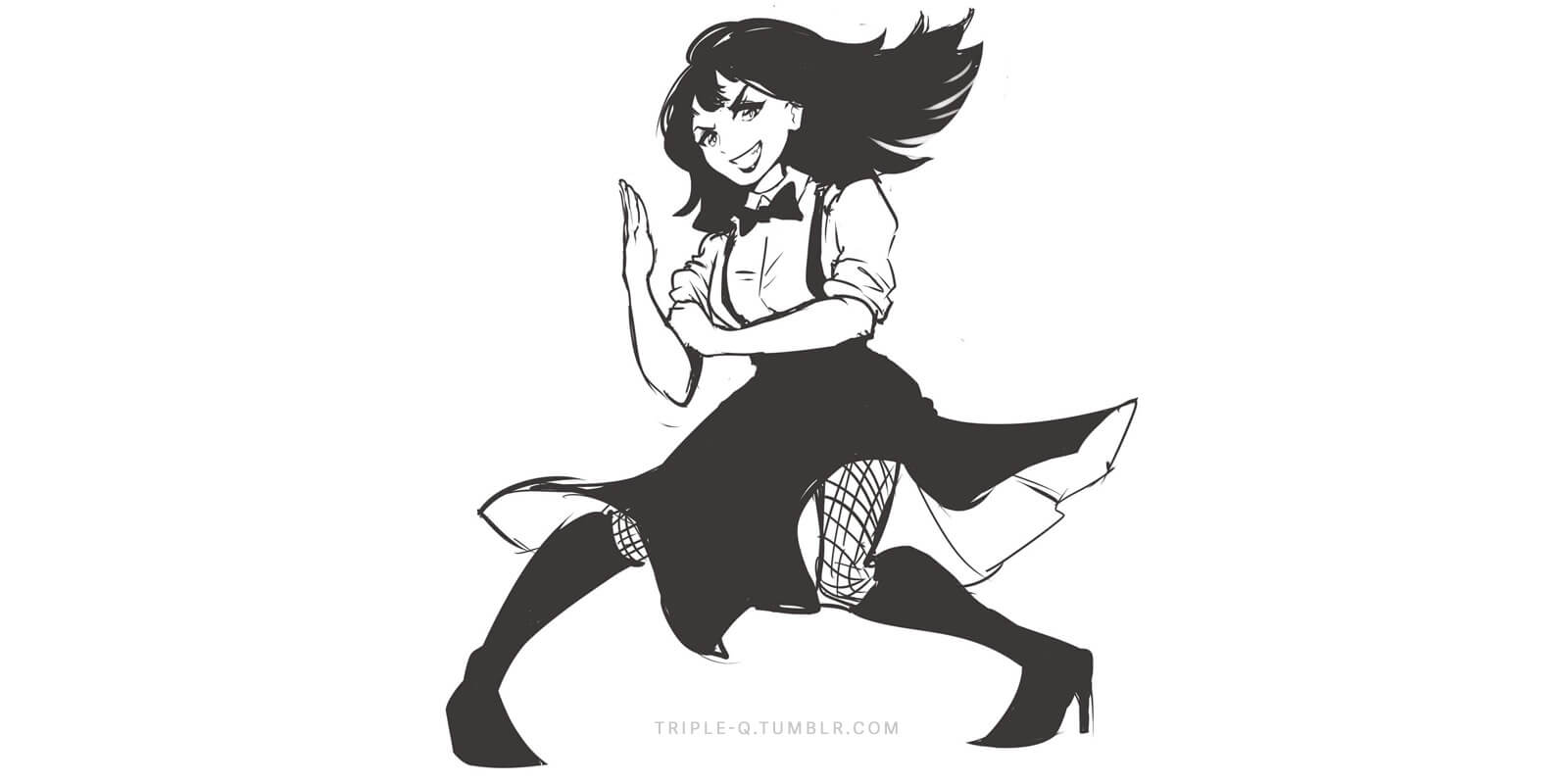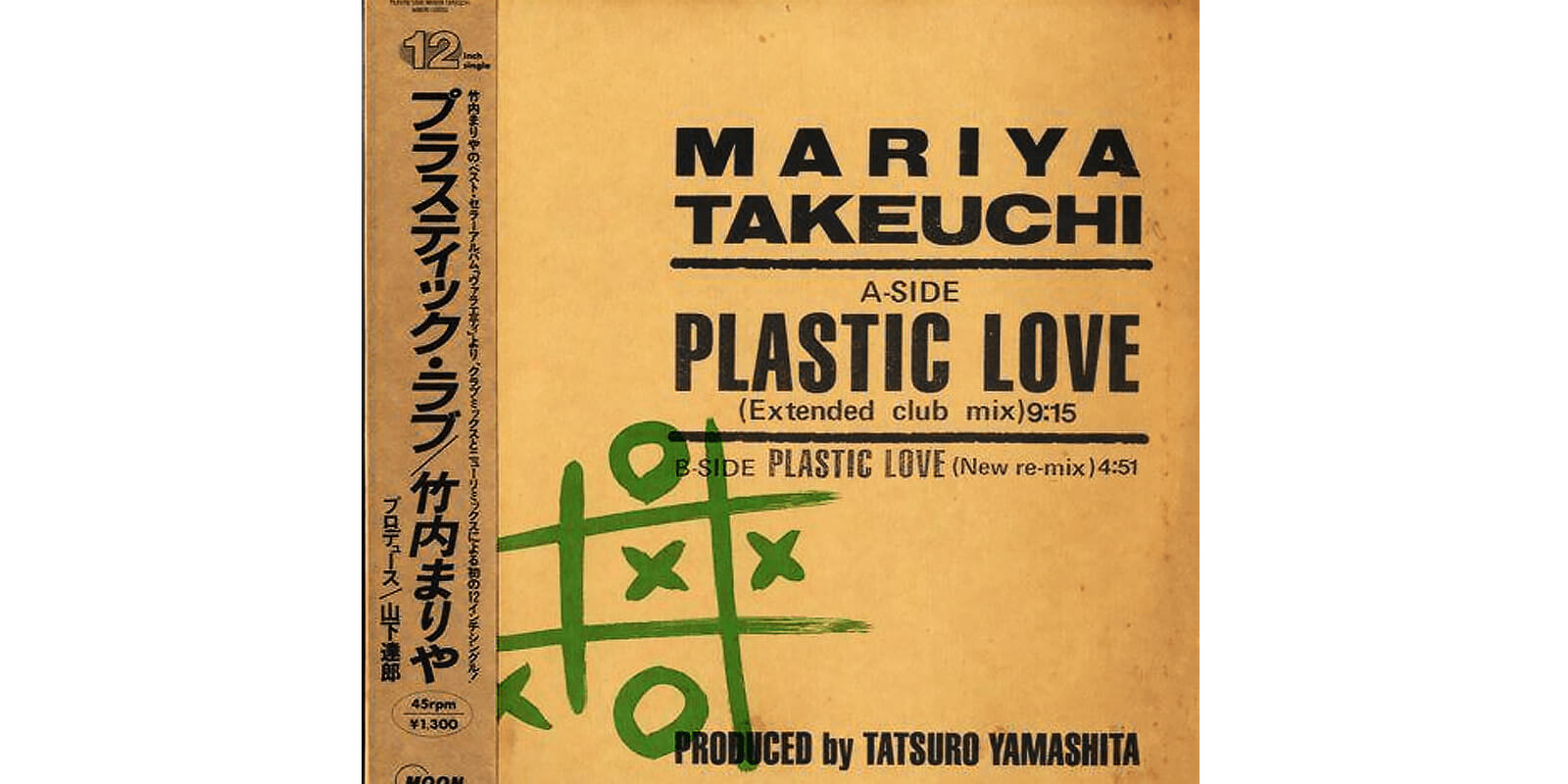I encountered Mariya Takeuchi’s song “Plastic Love” during a random scroll on my YouTube feed. The tune was placed alongside a picture of a young school girl flashing a radiant smile towards whomever her eyes had crossed with. What did I expect from her? Yet another doll-eyed Japanese idol wanting to grab my attention?
Setting aside my doubts, I listened through the song. Nostalgic would be a less-than-stellar word to describe my thoughts and feelings when it ended, but it’s awfully close in that manner. “Plastic Love” brought back a hypnotic sense of déjà vu – like you’ve heard the song before and can’t help but be engrossed in a dreamlike trance.

It also sounds very retro. There’s a distinct 1980s vibe with its repetitive low pitched synth, some distant backbeats and light percussion thumping in the background, and Takeuchi’s vocals echoing a tone of bliss and loneliness. I’m not going to bore you with some musical analysis, but understanding its time and place will help us understand why “Plastic Love” has gained Mariya Takeuchi a cult following.
Explaining Vaporwave
Enter vaporwave – a subgenre of electric funk music built upon the foundations of smooth jazz, lounge, and elevator music. Vaporwave is known for its strong aesthetic from the 80s and 90s. It’s been used as both a recurring meme among Internet circles and a tool for relaxation. Among its features are bizarre uses of Renaissance-era head busts, slowed-down infomercial music, jingles, and music from the 1980s – 1990s.

It’s all meant as a postmodern commentary – a digital movement to subvert pop culture and capitalism by chopping up and splicing existing media properties, tweaking them so they look and sound unfamiliar, and sprinkling in some glitch art and cyberpunk flair. As a side note, I compared one “Plastic Love” single from Takeuchi’s 1984 album Variety to the YouTube version and the latter is a few minutes longer than the one on the album. So I suspect some tampering may have been involved to stretch out the track.
The Meaning of the Song
The lyrics of the song point to a regret of superficiality and the disingenuous nature of material culture. “Plastic Love” highlights the inauthenticity of a romantic relationship because of one person’s self-centeredness and the consequences of such a bond breaking apart. A few verses from the song highlight this dilemma:
Never take loving someone like me serious
Love is just a game, I just want to have fun
I dressed up my closed heart in fancy dresses and shoes
They were my friends in loneliness
(Lyric translations borrowed from Genius)

Despite a seemingly upbeat tune behind it, the actual meat of the song is pretty sad. Takeuchi sings from the point of view of a person trying to get over some failed relationships by means of indulgence, vanity, and hollow hookups. Yet, even with all those experiences, the person still feels lonely. This is demonstrated through the song’s last chorus, which repeats for three times before fading out:
I’m just playing games
I know that’s plastic love
Dance to the plastic beat
Another morning comes
Perhaps with an audience as cynical as millenials are on the Internet, I think I get why this song got popular and resonated with a circle of YouTube listeners. Even if you don’t know Japanese or haven’t read the English lyrics, you can still feel the sad emotions with Takeuchi as she slowly serenades her audience.
The word “plastic” is key to understanding the song because it tells us that love can be manufactured, reproduced, and imitated. It is only an artificial copy rather than the real thing, and that’s the message that hits hard. With its seemingly harmless sound and infectious beat, “Plastic Love” lulls listeners into an innocent state of inertia. Like the person Takeuchi sings about in the song, it’s easy to think that maybe we’re all taking part in hedonistic lifestyles to run away from our own loneliness. We know something like love isn’t genuine, but we choose to live life in blissful ignorance. There are several messages you can take away from this song, but that is the one I felt most resonated with myself.
So let’s just play some games and dance to the plastic beat. We all know it’s plastic love, so let’s finish before the morning comes.
Update (12/11/2020): Plastic Love is now available to listen to worldwide on Spotify!

Featured Sponsor - JAST
The sweetest romance and the darkest corruption, the biggest titles and the indie darlings; for visual novels and eroge, there's nowhere better.
Big thank you to our supporters
From their continous support, we are able to pay our team for their time and hard work on the site.
We have a Thank-You page dedicated to those who help us continue the work that we’ve been doing.
See our thank you page




